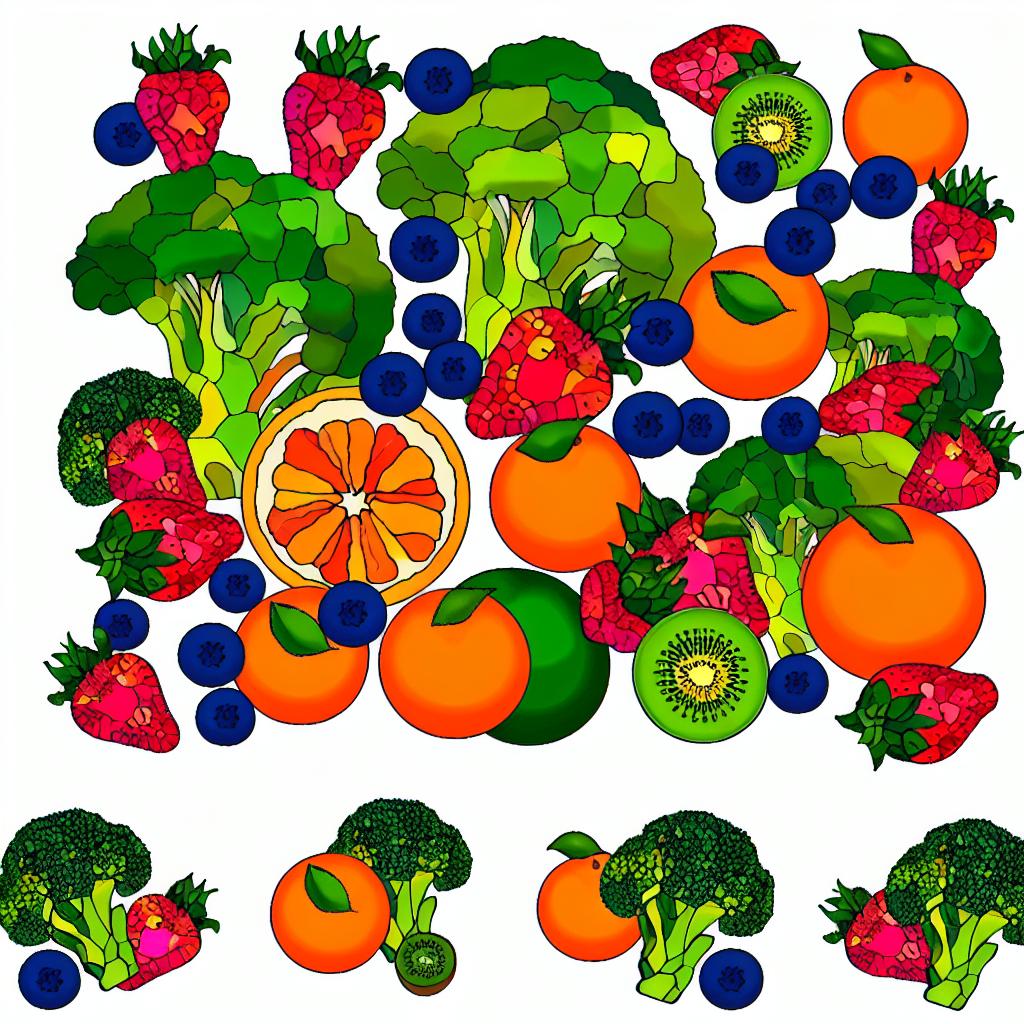
Unleash the power of vitamins to fortify your immune system and shield your health year-round.
Exploring the Role of Vitamins in Immune Health
Vitamins play a crucial role in supporting the body's immune system. Each vitamin contributes uniquely to the maintenance and enhancement of immune function. Understanding the complex interplay between vitamins and the immune system is essential for optimizing health.
A well-balanced intake of vitamins ensures that the immune system can respond swiftly and effectively to potential threats. Deficiencies in certain vitamins can lead to a compromised immune response, making it all the more important to maintain a diet rich in these essential nutrients.
Vitamin C: The Immune System's Supercharger
Vitamin C is widely recognized as a powerful antioxidant that plays a pivotal role in immune defense. It stimulates the production of white blood cells, which are essential in fighting infections, and protects these cells from damage by potentially harmful molecules such as free radicals.
Regular consumption of Vitamin C-rich foods like oranges, strawberries, and bell peppers, or through supplementation, can help boost the immune system and reduce the duration and severity of colds.
The Protective Shield: Vitamin D and Immune Function
Vitamin D, often dubbed the 'sunshine vitamin', is another key player in maintaining immune health. It modulates both the innate and adaptive immune responses and a deficiency in Vitamin D is associated with an increased susceptibility to infection.
While sunlight exposure can help the body produce Vitamin D, it can also be obtained through dietary sources such as fatty fish and fortified foods, as well as through supplements, particularly for individuals in regions with limited sunlight.
Vitamin E: An Antioxidant Force for Immunity
Vitamin E is a potent antioxidant that helps to protect cell membranes from oxidative damage. It plays a role in immune function by supporting the proliferation of T-cells, which are a type of white blood cell that play a critical role in the body's immune response.
Nuts, seeds, and green leafy vegetables are excellent sources of Vitamin E, and incorporating these into a balanced diet can help to strengthen the immune system's ability to fight off infections.
Zinc and Selenium: Trace Elements with Mighty Impact
Zinc is essential for immune cell development and communication and plays a role in inflammatory response. Selenium is known for its ability to enhance immunity through its antioxidant properties. Both of these trace elements are vital for proper immune function.
A balanced diet including meats, seafood, dairy products, nuts, and whole grains can provide these important nutrients. However, in some cases, supplementation may be necessary to correct deficiencies and support immune health.

